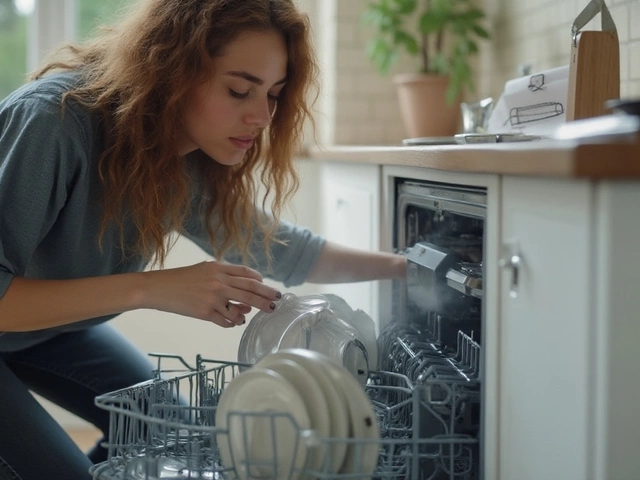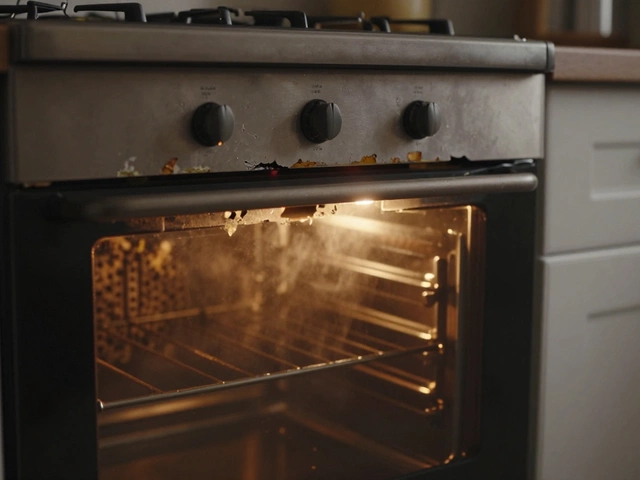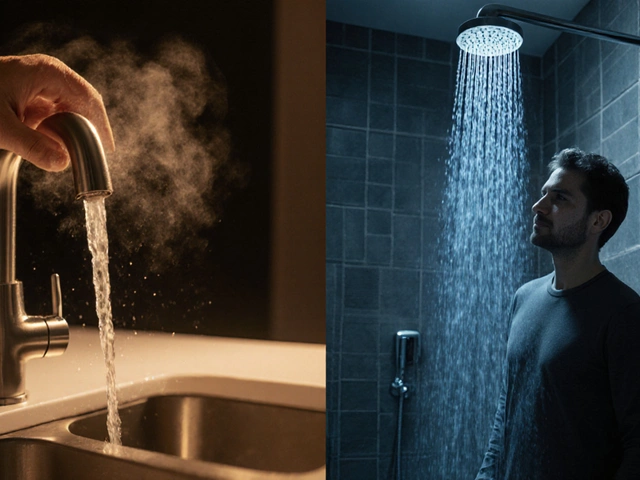If your shower feels more like a cold plunge than a warm start, you’re not alone. A faulty hot water heater can ruin a morning fast, and fixing it doesn’t have to be a mystery. Below you’ll find the most common reasons why your water isn’t heating, easy checks you can do yourself, and clear signs that it’s time to call an expert.
Most hot water problems boil down to three basics: power, fuel, and the heating element. If you have an electric heater, a tripped breaker or a loose wire can shut it down. For gas units, a faulty igniter, a clogged pilot, or a gas supply issue will stop the flame. In both cases, sediment buildup inside the tank can act like an insulator, making the heater work harder and sometimes failing altogether.
Other red flags include strange noises (like popping or rumbling), rusty water, or a leaking tank. Those clues often point to corrosion or a cracked dip tube, which means a repair or replacement may be needed soon.
First, grab your circuit breaker box. Look for a tripped switch or a blown fuse tied to the heater’s circuit. Reset it and see if hot water returns. Next, check the thermostat setting – most homes run at 120°F (49°C). If it’s set too low, raise it a few degrees and wait a short while.
For gas heaters, locate the pilot light. If it’s out, follow the manufacturer’s instructions to relight it safely. A gas smell or a clicking sound means the igniter may be faulty and should be handled by a qualified technician.
Finally, flush the tank. Sediment can be cleared by turning off the heater, attaching a garden hose to the drain valve, and letting the water flow out until it runs clear. This simple maintenance can extend the life of your unit by years.
If after these steps you still have cold water, or you notice leaks, rust, or any gas odor, stop the DIY attempts. Those issues can be dangerous and need a certified plumber or heating engineer.
Call a professional if you see any of the following: water leaking from the tank, a loud banging noise during a heating cycle, the heater won’t turn on at all, or you smell gas. Also, if your heater is over ten years old and the repair cost approaches half the price of a new unit, replacement is usually the smarter move.
At Bognor Regis Appliance Repair Experts, we offer fast same‑day service for hot water heater repair. Our technicians are Gas Safe certified and can handle everything from a simple thermostat reset to a full tank replacement.
Remember, regular maintenance – checking the pressure relief valve, flushing the tank annually, and keeping the area around the heater clear – can prevent most emergency breakdowns. A little attention now saves you a cold shower later.

Ever got frustrated with cold showers while waiting for your hot water heater to get fixed? This article breaks down how long it really takes to repair different types of water heaters, from common issues you can fix yourself to problems that call for a pro. You'll learn what affects the repair timeline, plus some quick tips to speed things up. No more second-guessing if you’ll be stuck with icy water all day. Get the facts so you can plan around your next repair.

Determining whether your dishwasher requires repair or replacement can save you both time and money. This article guides you through recognizing common issues, assessing the efficiency of your current dishwasher, and deciding on repair versus replacement. Gain insights into the lifespan of dishwashers and learn handy tips for maintaining them. Make well-informed decisions about your kitchen appliances for a hassle-free experience.

Most ovens last 10 to 15 years, but usage and maintenance affect lifespan. Learn the signs your oven is failing, when to repair vs. replace, and how to make it last longer.

When your boiler breaks down, taking a comfortable shower suddenly feels like a luxury. This article explains exactly what happens to your shower when a boiler goes out, ways to still get clean, and when you should call in a professional. Learn alternative methods for washing, bust some myths about cold showers, and get tips on preventing future breakdowns. We even cover what to do if you have kids or need to keep up with fitness routines. Staying clean during a crisis isn’t impossible—you just need a bit of know-how and some creative solutions.

Discover why hot water reaches your sink but not the shower, learn the common causes, DIY fixes, and when to call a plumber for a reliable solution.

Learn the typical cost of repairing a gas oven igniter, compare DIY vs professional pricing, and discover tips to keep your repair bill low.